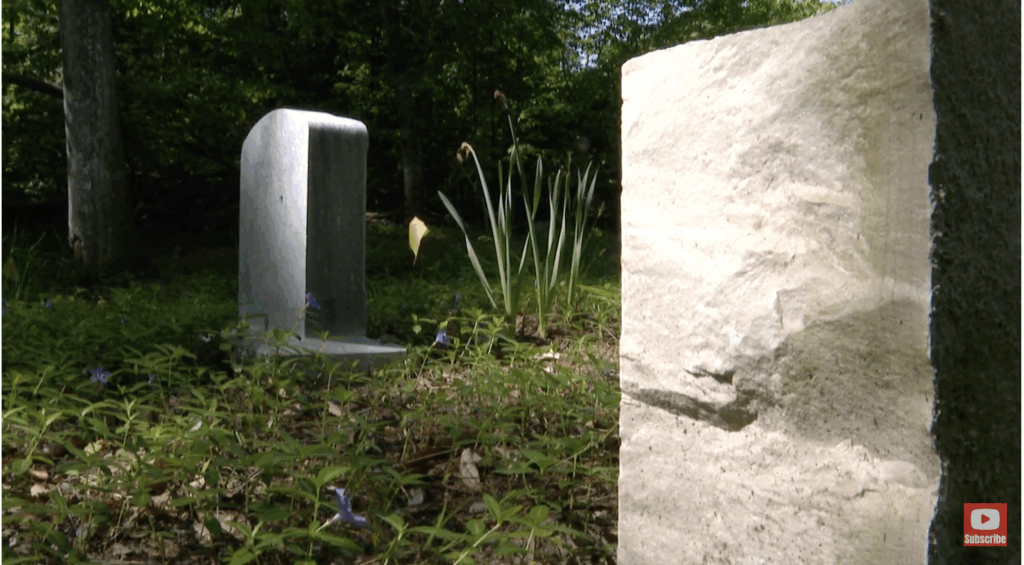The Public Interest Legal Foundation (PILF) has petitioned the U.S. Supreme Court to review Michigan's handling of its voter rolls, alleging that tens of thousands of deceased individuals remain registered to vote. This legal action follows a ruling by the U.S. Sixth Circuit Court of Appeals that upheld the Michigan Secretary of State's efforts to maintain the accuracy of the voter rolls as "reasonable."
Explainer Supreme Court Petition Challenges Michigan's Voter Roll Maintenance
PILF's lawsuit, Public Interest Legal Foundation v. Jocelyn Benson, contends that Michigan's voter roll maintenance practices violate the National Voter Registration Act (NVRA). The foundation claims that its analysis identified over 27,000 likely deceased individuals on the state's voter registration list, with nearly 4,000 having been deceased for at least 20 years.
Kaylan Phillips, legal counsel for PILF, stated, "Michigan’s refusal to act on overwhelming evidence of deceased registrants violates federal law. The NVRA requires states to make efforts that keep the rolls accurate."
The case highlights concerns about the integrity of Michigan's elections. According to PILF, some registrations date back to individuals who have been deceased for decades, including one person born in 1823 who was registered to vote in 2008.
Secretary of State Jocelyn Benson, who is running for governor, defended her office's actions, asserting that Michigan has made significant improvements in voter roll accuracy over the past six years. "Michigan has done more in the last six years to improve the accuracy of our voter rolls than was done in the previous two decades," Benson said in a statement.
The PILF petition also seeks to address a broader legal question regarding the standing of citizens and watchdog groups to file lawsuits when denied access to voter roll records. This issue has created a split among federal circuit courts, complicating the enforcement of voter registration laws.
In addition to Michigan, PILF has raised similar concerns in other states. Earlier this year, the foundation reported identifying over 18,000 potentially deceased registrations on Maine's voter rolls, following a court victory that allowed for greater inspection of voter records under the NVRA.
The foundation argues that states like Michigan should adopt modern list-maintenance tools to effectively identify duplicate and deceased voters. J. Christian Adams, president of PILF, emphasized the need for better data utilization, stating, "Michigan has access to data, but isn’t using it effectively. Other states are adopting modern list-maintenance tools to identify duplicate and deceased voters quickly. Michigan should as well."
Critics of PILF's actions, including Benson, have characterized the lawsuit as part of a broader campaign to undermine confidence in Michigan's electoral process. Benson noted that her office has faced numerous lawsuits based on what she described as "false and meritless claims."
The outcome of this Supreme Court petition could have significant implications for voter roll maintenance practices across the country, as states grapple with the challenges of ensuring accurate voter registration while protecting access to the electoral process.
Why it matters
- PILF's petition highlights concerns over the integrity of Michigan's voter rolls, alleging thousands of deceased individuals remain registered.
- The case raises questions about the enforcement of the National Voter Registration Act and the standing of citizens to challenge voter roll accuracy.
- The outcome could set a precedent affecting voter roll maintenance practices nationwide, impacting election integrity and access.
What’s next
- The Supreme Court will decide whether to hear PILF's petition, with potential implications for voter registration laws.
- Michigan Secretary of State Jocelyn Benson is expected to continue defending her office's voter roll maintenance practices amid the lawsuit.
